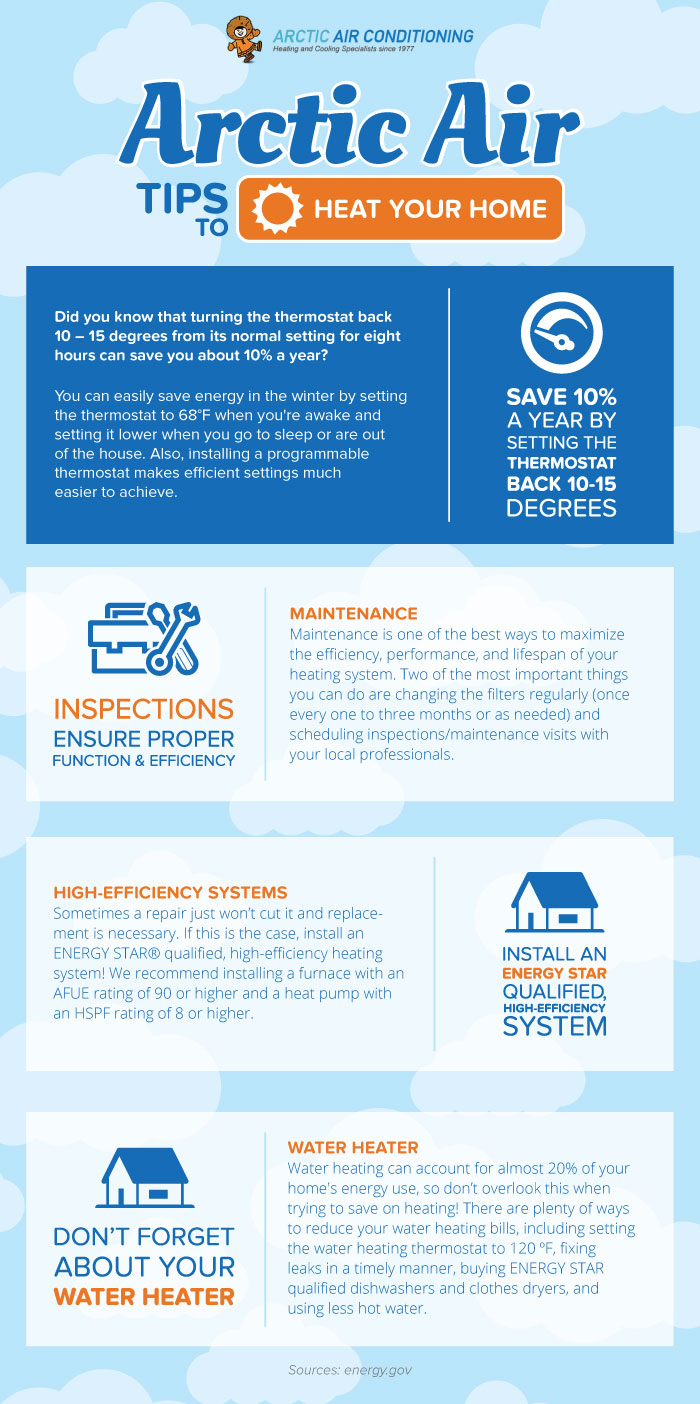Heatpump Vs Heater - Which Is The Better Home Heating Option For Your Home?
Heatpump Vs Heater - Which Is The Better Home Heating Option For Your Home?
Blog Article
Writer-Midtgaard Neumann
Numerous house owners are familiar with furnaces, which warmth homes with oil or natural gas and push hot air with ductwork. They are fairly economical and can provide trustworthy home heating even throughout a winter power blackout.
Nevertheless, they make use of nonrenewable fuel sources and generate carbon monoxide and various other air pollution. They additionally aren't as energy-efficient as a high-efficiency heatpump.
Cost
Typically, heat pumps are a lot more budget-friendly to operate than heating systems. They typically make use of electrical power and cooling agent to essence heat from exterior air, and after that transfer it right into your home. You can make the most of more affordable electrical energy rates during off-peak hours to better lower your heating costs.
Unlike heatpump, gas or wood-burning heaters use burning to generate warm, sending out flue gases into the environment that can be unsafe to your health and wellness. These furnaces are also much less energy-efficient than heatpump, and their higher operating costs can accumulate over time.
Heaters are a lot more complex than heatpump and require routine maintenance to guarantee the correct feature of all components. In spite of this, they tend to last longer than heat pumps with a typical life expectancy of 20 years or even more. Nevertheless, you'll need to factor in the expense of gas, fuel oil or wood and the extra devices required for installation and operation such as ducts and ventilation systems.
Power Performance
Heat pumps have a greater energy efficiency score than furnaces. These systems use electricity to scavenge warm from the air, also in freezing temperature levels. They can additionally get rid of excess heat from the home throughout warmer months and recycle it to cool down the system. Provider specialists can help you determine the most effective version for your home on environment and resource power expenses.
Furnaces shed gas oil, lp, gas or various other sorts of nonrenewable fuel source to warm the air in the home. This air is after that spread through ductwork utilizing a huge fan. Heaters create greenhouse gases and call for regular maintenance and equipment upgrades to make certain risk-free operation.
The largest benefit of a heating system is that it can be run also in harsh winter conditions because it does not rely upon exterior temperature levels to warm the air. Heaters likewise have a longer life expectancy than heat pumps and normally last 15 years. They can additionally be paired with double gas alternatives, which choose the most effective heating option based upon the weather condition.
Climate
Heatpump work well in moderate environments and use much less source energy than heating systems. Nonetheless, if your area is exceptionally cold, you may require to buy a common gas heating system rather.
Furnaces provide cozy, cozy warm and normally offer fast home heating to raise indoor temperatures. https://www.asiainsurancereview.com/app/EJNT2iWo.html can be made use of with a selection of fuel kinds, including gas, propane, oil or electrical energy.
They consume a lot more energy than heat pumps-- up to 3x as much-- and require ductwork that's expensive to mount or retrofit. They're additionally more costly to preserve, as they can create air high quality problems and create greenhouse gas discharges.
If you're dedicated to decreasing your carbon footprint, a heatpump is an excellent selection for your home. They have less greenhouse gas emissions than heating systems, especially if you select an ENERGY STAR ® heat pump. Your regional copyright specialist can describe the differences in between these two heater and assist you make the best decision for your unique requirements.
Personal Preferences
Heaters can be very energy effective when powered by gas, lp or oil, yet they aren't as energy efficient as heatpump in frigid climates. They can additionally be much more pricey to mount, calling for gas lines and ventilation systems.
Nevertheless, heaters have a tendency to need less maintenance, which can lead to reduced continuous prices. They create less greenhouse gases and are extra dependable than heatpump throughout extreme weather.
Electric heat pumps are a lot more flexible in developing interior convenience because they can additionally act as air con ditioners throughout warmer months. They can be easier to keep, calling for only routine air filter adjustments and periodic vacuuming.
If you favor the ease of a single system that does it all, take into consideration a hybrid heating remedy that sets a furnace with an electrical heat pump. These systems can instantly switch over between the two heating options based upon your home's requirements and temperature level conditions, making best use of efficiency and financial savings.